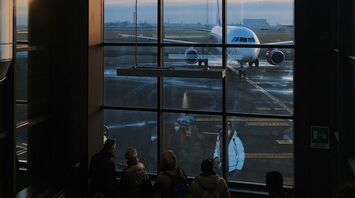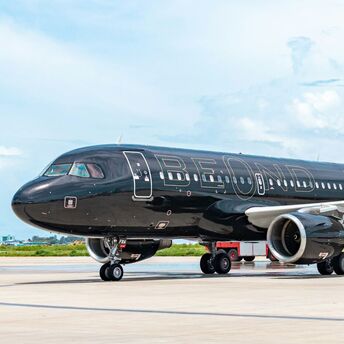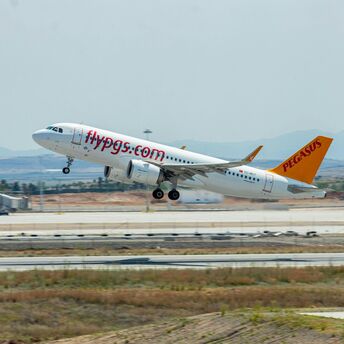Italy's Airports Prepare for Strikes on the Fifth of February

On Wednesday, the fifth of February, two thousand twenty-five, visitors in Italy should expect major interruptions due to planned walkouts by airport staff. A four-hour protest is set to take place at Milan's Linate Terminal from midday to four in the afternoon, involving SEA Prime personnel. Simultaneously, a full-day national demonstration organized by trade unions will impact key aviation hubs, including Rome's Fiumicino and Ciampino, as well as Milan’s Linate and Malpensa. These disruptions are anticipated to create operational bottlenecks, resulting in hold-ups for travelers and modifications to flight schedules throughout the nation.
As a consequence of these movements, ITA Airways has proactively suspended twenty-six local and international journeys, affecting connections such as Rome-Milan, London, and Frankfurt. Additional carriers operating in Italy might also undergo itinerary adjustments, causing further setbacks and additional cancellations. Those flying with different companies should remain updated via official airline notifications, as unforeseen changes are probable. With a considerable number of flights influenced, terminals may become overcrowded, leading to extended queues at check-in counters and security screenings, making seat reallocation more challenging.
For travelers, these strikes could mean unexpected itinerary changes, prolonged waiting times, and possible missed connections. It's crucial to stay informed by regularly checking flight statuses through official airline channels and airport communications. Passengers should also be aware of their rights under European regulation two hundred sixty-one slash two thousand four, which mandates that airlines provide assistance such as alternative flights, meal vouchers, and accommodations in cases of significant delays or cancellations. Knowing your rights in advance can help minimize frustration and provide options if your travel plans are disrupted.
To mitigate potential inconveniences, travelers are advised to arrive at airports earlier than usual to accommodate possible delays in security and boarding procedures. Exploring alternative transportation options, such as trains or buses, might also be prudent, especially for short-distance travel within Italy. Additionally, maintaining open communication with airlines can facilitate smoother rebooking processes if necessary. Keeping travel insurance up to date can also provide extra protection, covering unexpected expenses arising from delays or cancellations.
In summary, the planned strikes on the fifth of February pose significant challenges for air travel in Italy. Proactive planning, staying informed, and understanding passenger rights are essential steps for travelers to navigate this situation effectively. With the potential for widespread disruptions, flexibility is key—adjusting travel plans in advance and considering alternate routes can help avoid major inconveniences. By taking these measures, passengers can better manage disruptions and ensure a safer, more predictable journey.



















